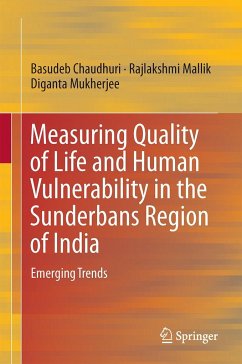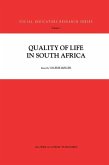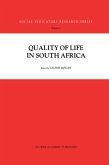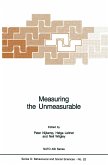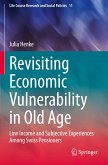This book studies one part of the Sundarbans, the largest and one of the most fragile mangrove ecosystems in the world. The study is placed in the context of highly topical international debates on biodiversity, climate change and economic transformation, in a region of South Asia that still faces immense population pressure and severe poverty. An analysis of existing and potential future policies sets the debate in a comparative international perspective that has relevance well beyond the confines of South Asia.
While there have been a large number of studies on the socio-economic aspects of physical quality of life in the Sunderbans, there are very few perception studies except at a basic level. The current volume has two major aspects. The first part contains a detailed study of overall demography and objective life condition which includes (a) quality and ownership of private goods - equipment and machinery, livestock, house, land, consumer goods; (b) quality of public goods and amenities and their accessibility; (c) objective measures of relatively abstract factors related to social, political and familial environment such as quality of governance, extent of gender equality, social inclusion, social harmony, security, law and order, family bondings; (d) financial assets and indebtedness; (e) income and expenditure; (f) natural and man-made calamity, and; (g) vulnerability related to points (d), (e) and (f) above.
The second part comprises a detailed study of subjective life satisfaction, and value systems and priorities. The former refers to people's perception regarding the various facets of their personal life - economic situation, standard of living, family and friends, work life and environment as also their perception about the well-being of the community. This refers to the overall social, business, and political environment such as social and help network, social inclusion, communal harmony, participation in civic and social activities, job opportunities and employment generation, government developmental project initiatives, disaster management initiatives, law and order etc. Value systems and priorities refer to individual rankings of the factors considered as necessary for personal happiness and for a happy society. It also includes their preferred rankings of government developmental initiatives and views regarding effectiveness and impact of such initiatives.
Hinweis: Dieser Artikel kann nur an eine deutsche Lieferadresse ausgeliefert werden.
While there have been a large number of studies on the socio-economic aspects of physical quality of life in the Sunderbans, there are very few perception studies except at a basic level. The current volume has two major aspects. The first part contains a detailed study of overall demography and objective life condition which includes (a) quality and ownership of private goods - equipment and machinery, livestock, house, land, consumer goods; (b) quality of public goods and amenities and their accessibility; (c) objective measures of relatively abstract factors related to social, political and familial environment such as quality of governance, extent of gender equality, social inclusion, social harmony, security, law and order, family bondings; (d) financial assets and indebtedness; (e) income and expenditure; (f) natural and man-made calamity, and; (g) vulnerability related to points (d), (e) and (f) above.
The second part comprises a detailed study of subjective life satisfaction, and value systems and priorities. The former refers to people's perception regarding the various facets of their personal life - economic situation, standard of living, family and friends, work life and environment as also their perception about the well-being of the community. This refers to the overall social, business, and political environment such as social and help network, social inclusion, communal harmony, participation in civic and social activities, job opportunities and employment generation, government developmental project initiatives, disaster management initiatives, law and order etc. Value systems and priorities refer to individual rankings of the factors considered as necessary for personal happiness and for a happy society. It also includes their preferred rankings of government developmental initiatives and views regarding effectiveness and impact of such initiatives.
Hinweis: Dieser Artikel kann nur an eine deutsche Lieferadresse ausgeliefert werden.

